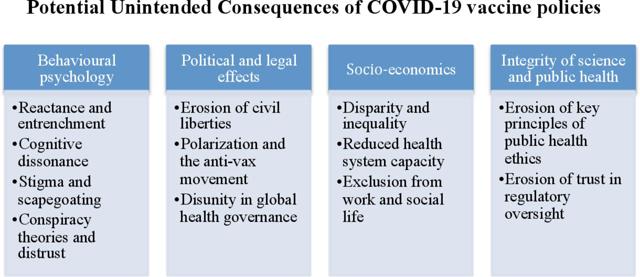The Threat to Vaccines: A Shift in Recommendations
The recent decisions surrounding vaccine use recommendations made by the Centers for Disease Control and Prevention (CDC) have raised serious concerns about access to lifesaving vaccines in the United States. Historically, these recommendations have been the outcome of a meticulous and transparent review process. This process was designed to maintain public trust and to offer guidance not just to healthcare providers but also to state immunization programs and the general public.
However, the recent actions taken by Health and Human Services (HHS) Secretary Robert F. Kennedy Jr.—specifically, the removal of the COVID vaccine from the CDC's recommended immunization schedule for healthy children and pregnant women—have brought this framework into question. This decision, announced in a brief social media video, was made without the engagement of CDC leadership or its advisory committees, leaving many in the healthcare community and beyond bewildered.
Lack of Transparency and Evidence
Critics argue that Kennedy's announcement undermines the "evidence to recommendation framework" that the CDC was known for, which emphasizes a comprehensive and public approach to vaccine recommendations. Instead, this unilateral decision raises the specter of a more opaque decision-making process regarding vaccine policies, which could potentially limit patient choice and access by influencing what insurers cover.
As it currently stands, without federal endorsement of certain vaccines, insurers might opt to omit coverage for them, effectively restricting patient access to effective public health measures. The CDC’s Advisory Committee on Immunization Practices (ACIP) is expected to deliberate on the issue of COVID vaccine recommendations soon, yet the premature announcement has left a gap in public knowledge and trust.
Confusion Among Healthcare Leaders
The contrasting messages coming from different health authorities have only compounded this confusion. For instance, just prior to Kennedy’s announcement, FDA Commissioner Marty Makary affirmed the importance of COVID vaccinations for vulnerable populations, including pregnant women. This contradiction has resulted in a distressing scenario for both healthcare providers and patients who rely on consistent and clear guidance.
When officials like Makary emphasize that the COVID vaccine would remain accessible to at-risk groups, the unexpected removal from the CDC schedule contradicts this assurance, leading to a significant breakdown in public confidence. The American College of Obstetricians and Gynecologists, American Academy of Pediatrics, and several other health organizations have publicly criticized the abruptness and the lack of thorough evidence in Kennedy's announcement.
Need for Open Discussion and Evidence Sharing
The public deserves transparency, especially in regards to decisions that affect their health. Therefore, as the ACIP prepares for their scheduled meeting on June 25 through 27, there is a pressing need for them to share comprehensive data and engage in open discussions about the implications of COVID vaccine recommendations. The potential emergence of new variants necessitates an honest evaluation of current knowledge and strategies.
For the American public, access to accurate and reliable vaccine information is more crucial than ever. The importance of basing public health decisions on current and rigorously reviewed data cannot be overstated. These foundational elements are necessary not only for making sound decisions but also for restoring trust in the healthcare system.
As the Vaccine Integrity Project moves to address these troubling developments, it will be essential for the health community to rally together and advocate for a return to transparency and public engagement in vaccine recommendations.
Bias Analysis
Key Questions About This Article




